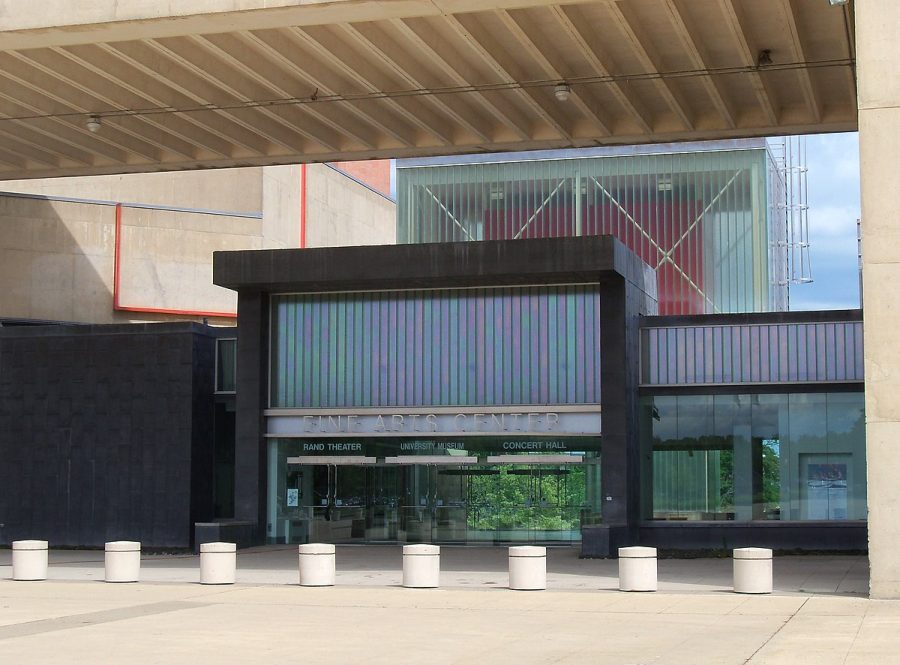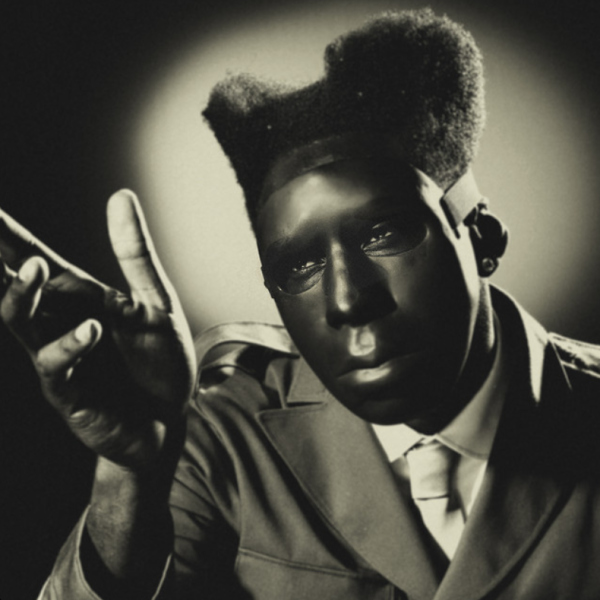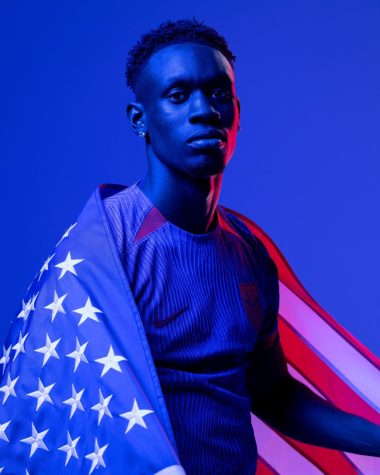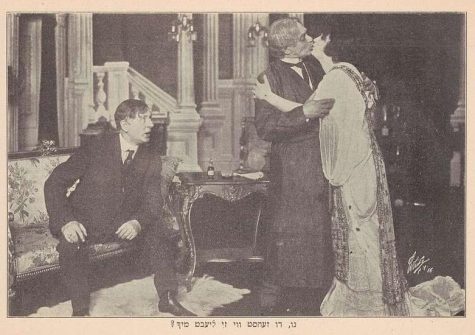“Orlando”: A Celebration of Queerness Comes to the Rand Theater
A review of this season’s UMass Theater performance
Based on a Sarah Ruhl adaptation of the Virginia Woolf novel, “Orlando” tells the story of a genderfluid aristocrat as they live through several centuries of history, fall in love, get their heart broken, and explore their identity.
The first thing that struck me about the production of “Orlando” at the Rand Theater at the University of Massachusetts Amherst was the set; a large, rotating tree trunk with gauzy fabric hanging from its limbs is the backdrop and major prop for every scene in the play, lending a dreamy yet bare aspect to the entire show. The second thing I noticed was the ensemble themselves, each actor costumed and presented themselves in a way that felt both genderfluid and timeless as they described the passion of Elizabethan England.
“Orlando,” as a rule, feels like a production that has been stripped down to only its most whimsical elements. It also feels like a production that is extremely comfortable with the queerness inherent in its source material. As the titular Orlando, Matthew Suchecki moves with an exaggerated and unencumbered grace that suits both the breeches and bustles they wear throughout the show. There’s no shift between traditionally masculine or traditionally feminine movement at any point through the show, and his movements or expressions never feel like a caricature, even though there’s certainly potential for them to. Suchecki plays their part straddling the line Orlando similarly walks throughout the play, and it makes it difficult to look anywhere else when he’s onstage.
Other standouts from the cast include community member Kimberly Salditt-Paulin, a not only clearly talented but seasoned performer, who plays Queen Elizabeth in a way that calls to mind Amy Sedaris. Nat Irmer’s command of physical comedy as the Captain, with a joking but clear sexuality, and Jr Moreno as Marmaduke, who struggles between his love for Orlando and his love for the sea.
The queerness in the show comes partially from the story itself – the questions of gender and sexuality play heavily in the text, and it was written by Virginia Woolf, a Queer woman in love with another Queer woman who sometimes presented as a man – but it might also come from director Iris Sowlat. Though the Sarah Ruhl adaptation of “Orlando” that is used in this show is changed a bit to be more contemporary, Sowlat takes it one step forward and really embraces the questions of gender presented in the source material, removing any gendered casting suggestions and treating Orlando as a nonbinary character, instead of a man who wakes up one day as a woman or the other day around.
The costuming of the show, done by Emily Irene Peck, also deserves a round of applause – not only are the costumes of the ensemble tailored to both them as people, to the changing time periods, and to the many characters they might be playing, more complex costumes such as Queen Elizabeth’s pleated costume and corset are as inseparable from the time period they are supposed to represent as they are practical for both modern sensibilities and the stage.
Where the entire cast, along with the directing, especially shines is in its transitions from comedic to heart-wrenching to comedic again. Both the delivery of written jokes and the physical comedy had the audience at my showing laughing out loud through nearly all 2 hours, which only made the serious moments – Orlando being left for another, the portrayal of a couple lost to the swirling Thames, Orlando realizing they’ve lived through two centuries and still don’t know their identity – hit harder.
The show loses me a bit, however in the execution of its grand ideas. There are times actors are muffled or hard to hear, one or two times actors seem to flounder a bit when a line is forgotten or missed, and a sense of tangible panic when a prop or costume is not behaving as it should. I loved the show, which is why it’s disappointing when technical errors draw a viewer away from the immersion the rest of the show has worked so hard to create. Perhaps it can be chalked up to opening night jitters, and hopefully, the performances of the next weekend go more smoothly.
Overall, if “Orlando” is representative of director Iris Sowlat’s works or of the acting talents of this cast, I’m excited to see more. The production was nothing short of delightful, and I’m planning on seeing it again this coming weekend.











